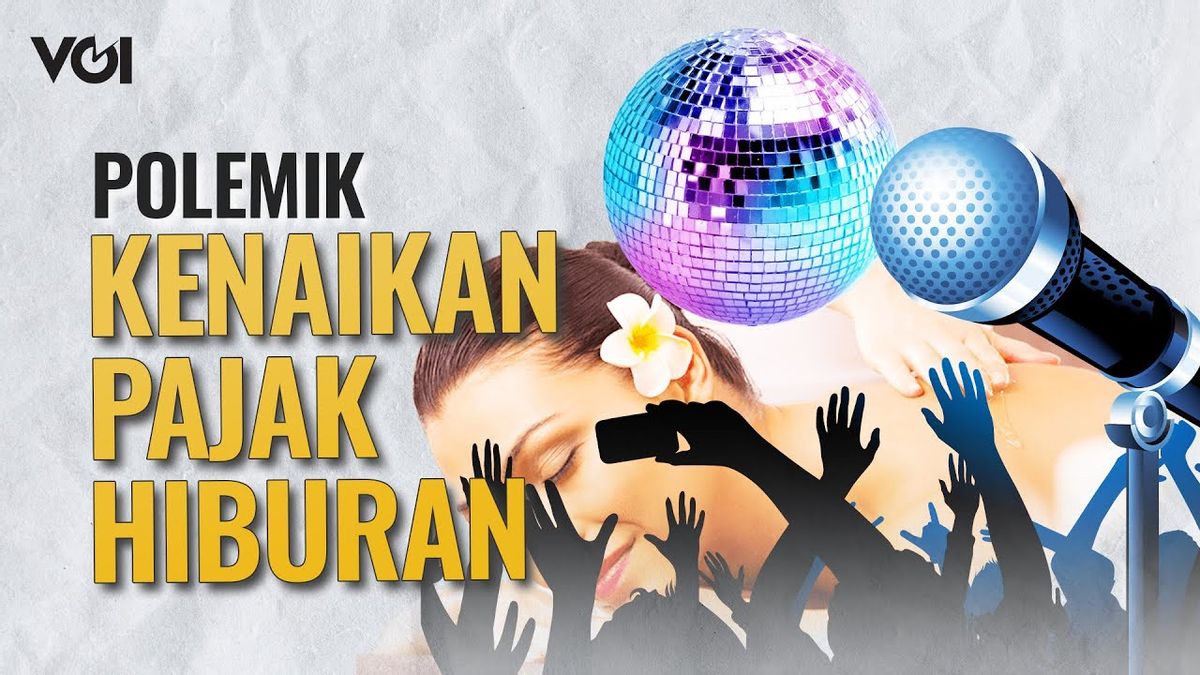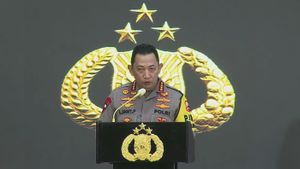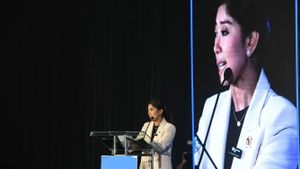JAKARTA - Entertainment tax rules rose 40 percent and a maximum of 75 percent from the previous 15 percent, reaping polemics. Netizens, artists, lawyers and spa business players also voiced their objections to these provisions.
The determination of the entertainment tax is regulated in Law Number 1 of 2022 concerning Financial Relations between the Central Government and the Regional Government (HKPD). The regulation states that taxes on certain goods and services (PBJT) for entertainment services in discotheques, karaoke, nightclubs, bars and steam baths/spa.
Entertainment tax is a type of tax collected by district/city governments, whose taxes are paid by consumers so that business actors only collect taxes that have been set. For this reason, the Indonesian Therapist SPA Association (Asti) submitted a judicial review to the Constitutional Court as a form of rejection of the regulation.
Asti's chairman, Mohammad Asyhadi, said that the government in drafting Law No.1/2022 does not involve business actors. This regulation is also considered contrary to the 1945 Constitution. Meanwhile, in Article 55 paragraph 1 of the regulation, SPA is included in the category of arts and entertainment services. According to him, SPA is not the same as entertainment. In addition, during the COVID-19 pandemic, many businesses are still struggling, while incentives can help develop industries that fall into this wellness or health category.
In addition, artist Inul Daratista expressed a protest on his personal Instagram, if this rule was deemed to have turned off the business. The owner of one karaoke business added that if the price increased by Rp. 10,000, consumers were already reluctant of the services offered.
In addition, the famous lawyer Hotman Paris Hutapea urged President Joko Widodo to postpone the rules for increasing entertainment taxes. According to him, entertainment entrepreneurs have been required to deposit 22 percent of the corporate income tax (PPhB).
If the entertainment tax is raised 40 percent, of course, this will be burdensome. Hotman also compared the entertainment tax rules in Thailand which actually lowered to the level of 5 percent so that tourists visited many during the holiday season. Watch the video below.
The English, Chinese, Japanese, Arabic, and French versions are automatically generated by the AI. So there may still be inaccuracies in translating, please always see Indonesian as our main language. (system supported by DigitalSiber.id)













